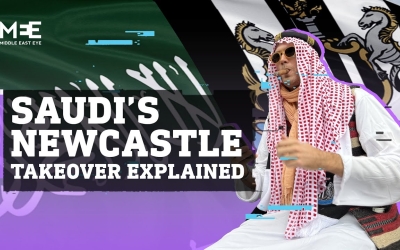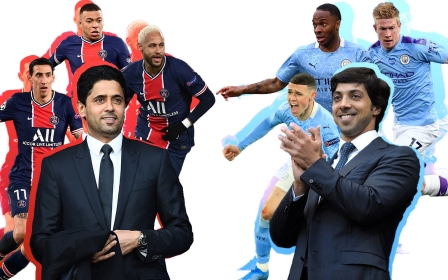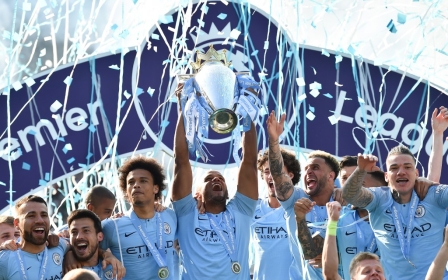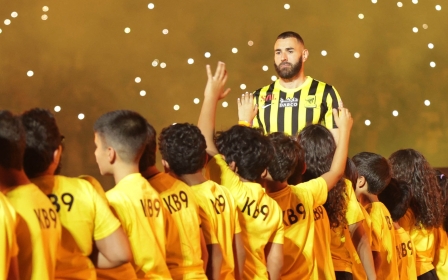Premier League: UK urged to curb Gulf state ownership of football clubs
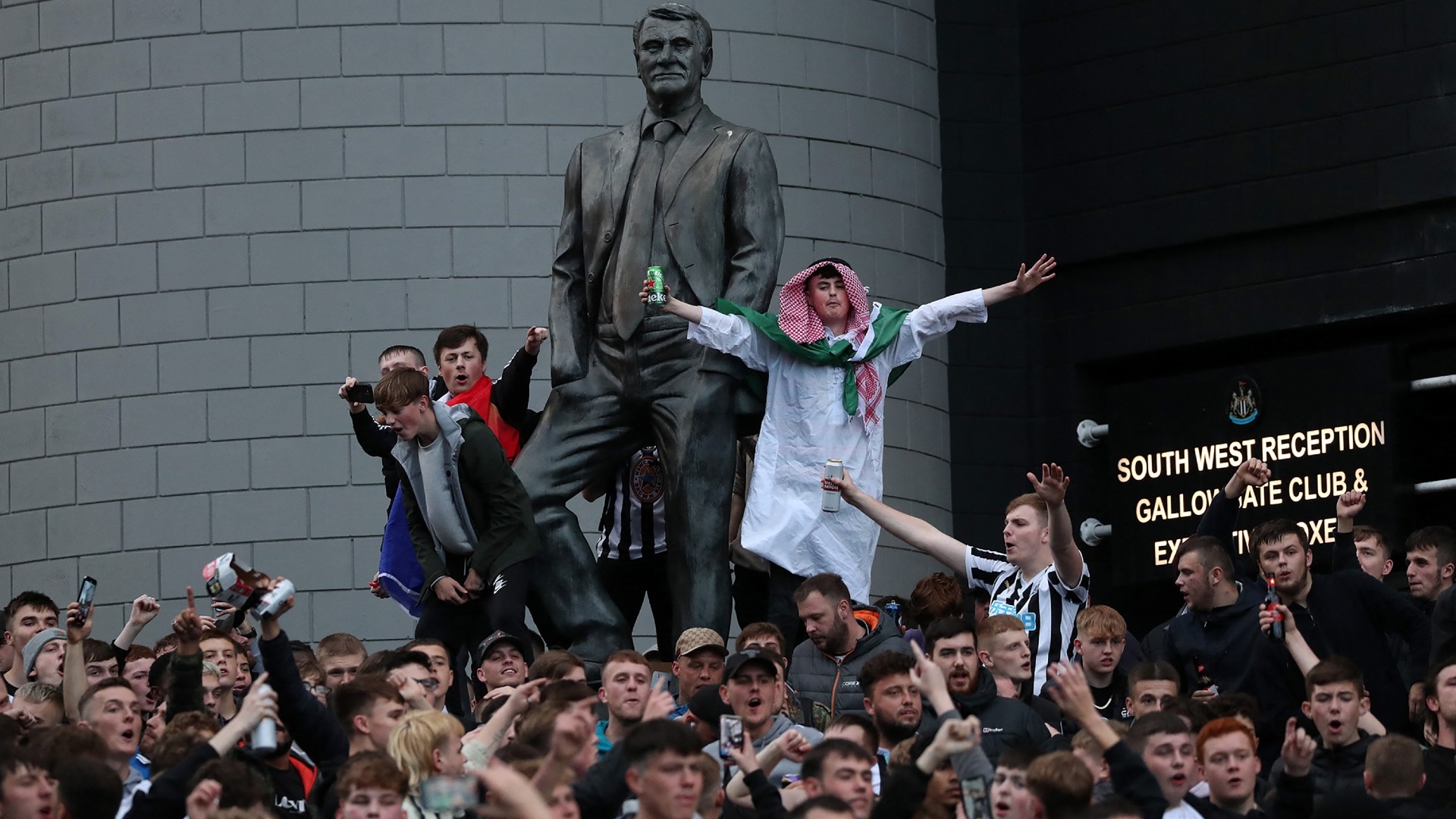
The Premier League and the UK government should phase out the trend of Gulf states owning English football clubs, five Gulf-focused rights groups demanded in a letter on Friday ahead of the start of the new season.
Writing to Premier League CEO Richard Masters, the Department for Culture, Media and Sport, and the Department for Business and Trade, the NGOs cited the Saudi Arabian ownership of Newcastle United and Sheffield United, the UAE ownership of Manchester City and the proposed Qatari takeover of Manchester United.
The letter was signed by Alqst, Emirates Detainees Advocacy Centre (EDAC), the European Saudi Organisation for Human Rights (ESOHR), the Gulf Centre for Human Rights, and the International Campaign for Freedom in the UAE.
They stated that the "political, social and cultural power" associated with ownership of Premier League clubs was giving states "undue influence" and "provides cover for... grave human rights abuses".
The groups called on the government and top-flight league to implement safeguards to prevent club takeovers by state actors or those associated with rights abuses.
New MEE newsletter: Jerusalem Dispatch
Sign up to get the latest insights and analysis on Israel-Palestine, alongside Turkey Unpacked and other MEE newsletters
In October 2021, a consortium led by Saudi Arabia's Public Investment Fund (PIF) completed a £300m buyout of Newcastle United.
The PIF is chaired by Saudi Crown Prince Mohammed bin Salman, and its board is made up of mostly sitting members of Saudi Arabia's government.
"The relative spotlight on Saudi Arabia's human rights record at the time of Newcastle United's takeover has since subsided," said Duaa Dhainy, a researcher at ESOHR.
"We have instead seen a catalogue of rights abuses continue to take place, including death sentences for juvenile offenders and lengthy prison sentences for women's rights activists like University of Leeds PhD student Salma al-Shehab."
Saudi and Emirati club owners
A small but vocal group of Newcastle United fans, who spoke to MEE last year, launched a campaign opposing the new owners, citing Saudi treatment of LGBTQ+ people and women's rights defenders, as well as its involvement in the war in Yemen.
Previously, members of the Arab community in South Shields, a town near Newcastle whose Arab and Yemeni communities date back over a century, told MEE that they opposed the Saudi takeover.
"The Premier League's 'assurances' that the PIF is independent of the Saudi state are not worth the paper they are written on," said Lina Alhathloul, head of advocacy and monitoring at Alqst.
"One only has to look at who its chair is: the crown prince himself, who can veto any decision he doesn't agree with."
Sheffield United, who were promoted back to the Premier League this season, are also under Saudi control, owned by Prince Abdullah bin Musaid Al Saud, a member of the ruling royal family.
The letter also singles out Manchester City, whose owner Mansour bin Zayed Al Nahyan is vice president and deputy prime minister of the UAE.
"While Man City's owners celebrate their historic treble-winning season, Emirati human rights defenders such as Ahmed Mansour remain in solitary confinement in prison, simply for peacefully calling for reform," said Hamad al-Shamsi, executive director of EDAC.
It also referred to Jassim bin Hamad bin Jassim Al Thani, the ruling member of the Qatari royal family who is the favourite to become the next owner of Manchester United.
Middle East Eye delivers independent and unrivalled coverage and analysis of the Middle East, North Africa and beyond. To learn more about republishing this content and the associated fees, please fill out this form. More about MEE can be found here.


